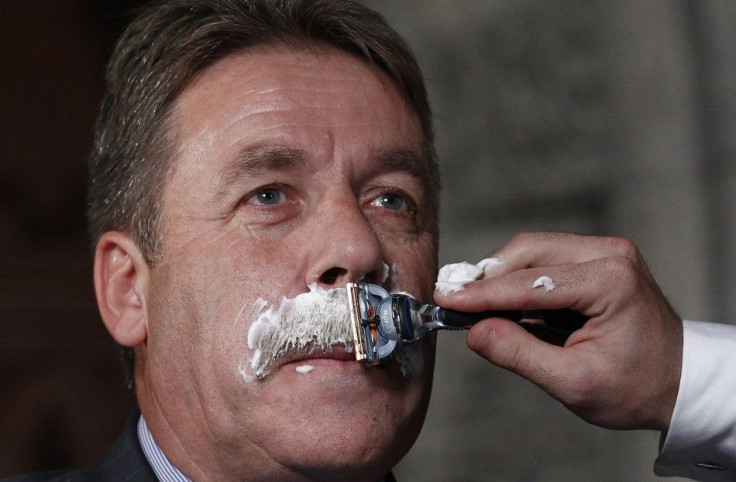Movember Ends With Shave-Off

Movember and No-Shave November, no-shaving movements for the men, have come to an end. The official "shave-off" involved the men removing off their moustaches which they had grown to raise awareness for cancer as well as encourage men to be more proactive regarding their health.
According to wkbn.com, before the "shave-off," some men showed off their growth. The men also shared their experience as to how they got other men to take up appropriate cancer screenings.
Jonathan Fauvie, a special events manager for Mercy Health, said that most of the men could not wait to get rid of and shave-off the fuzz that they had been growing for about a month. He added that they had a gathering through which they could kick off the month and celebrate the conversations and share stories of what they went through during the course of the month.
Out of every seven American men, one would be diagnosed with prostate cancer, reported the American Cancer Society. It also said that in a span of just one year, 2014, they would receive more than 233,000 diagnosis for prostate cancer.
A report by the Prostate Cancer Coalition of North Carolina showed that among men, prostate cancer was the leading cause of death and one out of every six men would be diagnosed with it. It also said that every 13 minutes in the US, one man dies because of prostate cancer.
In a press release by the Movember Foundation, they said that the causes supported by the annual Movember campaign were prostate cancer, testicular cancer and mental health problems. It read that the causes were continuing to be issues that men were uncomfortable discussing. Many men are also uncomfortable growing a moustache which this campaign also involved.
The No-Shave November, in its official Web site, mentions that the idea behind the campaign was to grow awareness about embracing one's hair, which was what many cancer patients were losing. The concept involved the men to donate the money that they would usually spend on grooming for the purpose of educating others about cancer prevention as well as to save lives of the many people battling the disease.





















